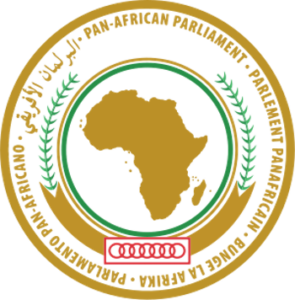
*On this date in 2004, The Pan-African Parliament (PAP) was founded. Also known as the African Parliament, it is the legislative body of the African Union.
It held its inaugural session in March 2004. For the first five years, the Parliament exercised oversight and had advisory and consultative powers. Initially, the seat of the Pan-African Parliament was in Addis Ababa, Ethiopia, but it is now in Johannesburg, South Africa. The goal of establishing the Parliament was to create a space where people from all states of Africa could meet, deliberate, and pass some policy on issues affecting the entire African continent.
The Parliament comprises five members per member state that have ratified the protocol establishing it, including at least one woman per member state. These members are selected by their member states and their domestic legislatures. The overall goal for the Parliament is to be an institution with full legislative power whose members are elected through universal suffrage, as South African President Jacob Zuma stated in his opening speech to the first ordinary session of the second legislature of the Pan-African Parliament on October 28, 2009.
The Pan-African Parliament is also composed of three sections. The Plenary is the Parliament's main legislative and deliberation section, where representatives meet regularly to discuss issues in Africa and potential solutions. The Bureau is the leadership section of the Parliament, comprised of a president and four vice presidents, all of whom are elected by delegates in the Plenary.
The final section of the Parliament is the Secretariat, which is the Parliament's corporate body and is chaired by a Clerk, a Deputy Clerk, and an Acting Deputy Clerk. These structures carry out the goals and protocols to govern the Parliament. Currently, the Parliament has no elected Vice Presidents of the Bureau, as elections fell apart in 2021. Only the Presidential election was successful, with Bouras Djamel elected as the Acting President of the Parliament. Before the Vice Presidents could be elected, chaos erupted in the Plenary, with fights breaking out and ballots being unable to be effectively collected. As such, the future of the Parliament remains relatively uncertain until the next set of elections takes place in 2022.